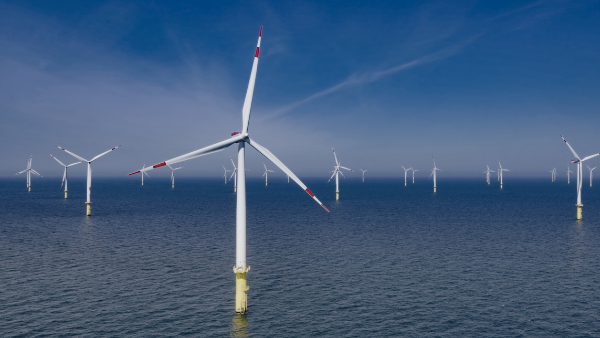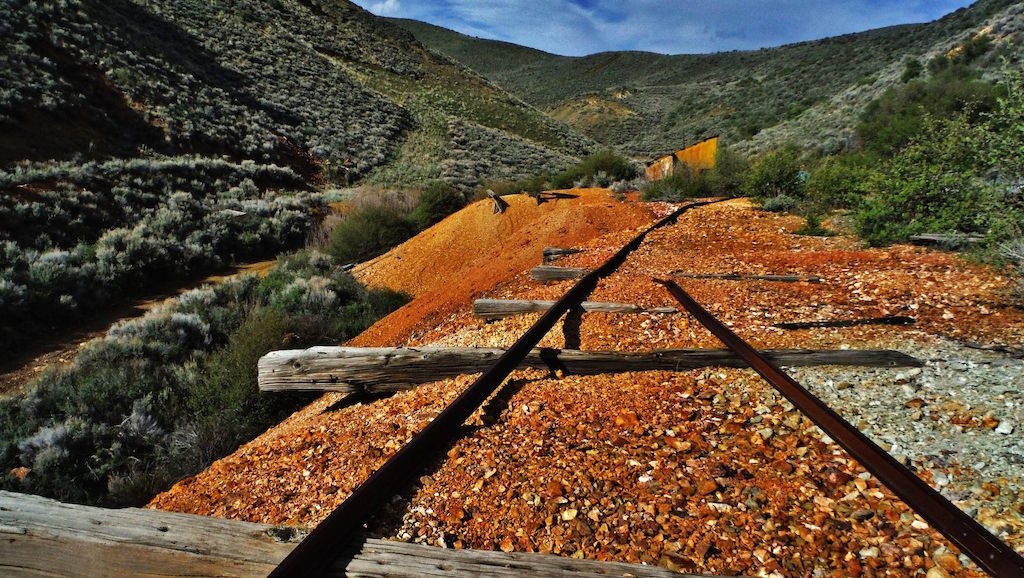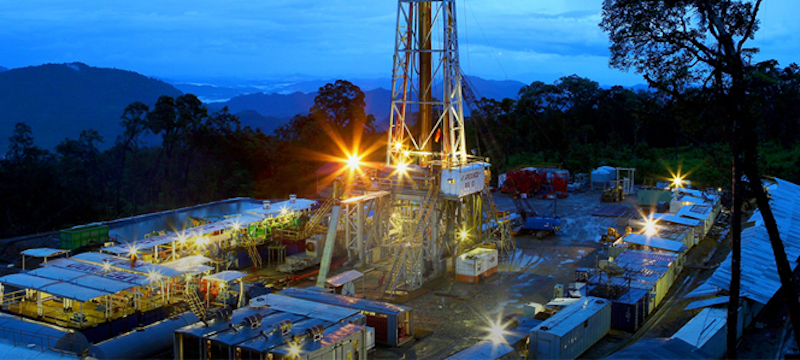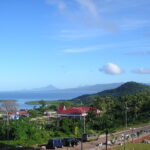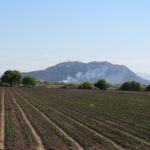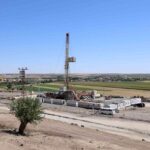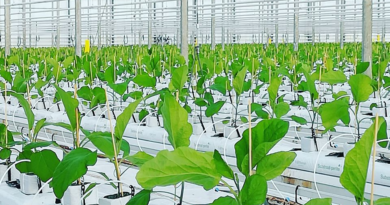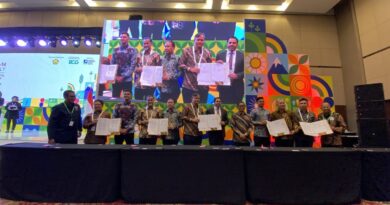Exploration drilling to kick off for 2 geothermal areas in Indonesia
Energy Disrupter
Government geothermal exploration drilling to kick off for geothermal working areas Cisolok, Sukabumi in West Java, and Nage in East Nusa Tenggara, Indonesia, as early as July of this year.
The Indonesian government through the Geological Agency will soon conduct exploration drilling for geothermal wells in two geothermal working areas (WKP), namely in Cisolok, Sukabumi, West Java, and Nage in East Nusa Tenggara.
Harris, Director of Geothermal at the Directorate General of New, Renewable Energy and Energy Conservation (EBTKE) of the Ministry of Energy and Mineral Resources (ESDM), said that the two geothermal work areas are scheduled to start drilling wells in July 2021.
He said the geothermal drilling carried out by the government was an effort to minimize economic problems and geothermal risks for developers.
He admitted that currently the price of geothermal electricity is still expensive because it is a big risk, especially since developers carry out all stages from exploration to utilization into power plants. This risk is included in the components of the price of electricity so that it becomes expensive.
“With government drilling, at least the risk in exploration has been minimized because we know that before exploration the risk was still 95%,” he said in the Energy Corner “The Biggest Ignored Treasure” of CNBC Indonesia, last week.
According to him, with the participation of the government in conducting exploration drilling activities, the risk will decrease by 50 percent. In the end, he added, prices are expected to fall by around $ 0.025/ kWh. Currently, the price of geothermal electricity is still in the range of a dozen cents per kWh.
“With other mitigations when exploration has been carried out, there is a feasibility study for the risk to decrease to 50%, maybe a variation of a decrease of half, it can go down by $0.02 cents or $0.025/ kWh we hope with this government drilling ,” he said.
In addition to taking part in geothermal drilling, according to him, the government is also currently drafting a Presidential Regulation (Perpres) on New Renewable Energy (EBT) tariffs, including those related to geothermal electricity tariffs.
According to him, in this Presidential Regulation, special conditions will also be regulated, namely if the price stipulated in the Presidential Regulation on EBT is more expensive than the local PLN’s Basic Cost of Supply (BPP), the difference will be paid by the government through the State Revenue and Expenditure Budget (APBN).
“The government also provides special incentives related to prices, if later the price formed by this Presidential Regulation is more expensive than the local PLN BPP, then the gap will be paid by the government with the APBN,” he explained.
In addition, the government will ensure that developers can obtain cheap funding and are accompanied by government guarantees, so that geothermal projects are expected to be more aggressively developed.
“For BUMN in particular, the government also gives a special privilege because it can get cheap funding and there is a guarantee given by the government so that it is hoped that geothermal energy can be accelerated by BUMN and the private sector later,” he said.
Not only that, he continued, the government also provides a number of incentives to encourage investors to return to investing in the geothermal sector in Indonesia. Some of the incentives include exemption from import duties on certain products, exemption from Land and Building Tax (PBB), and others.
Source: CNBC Indonesia

